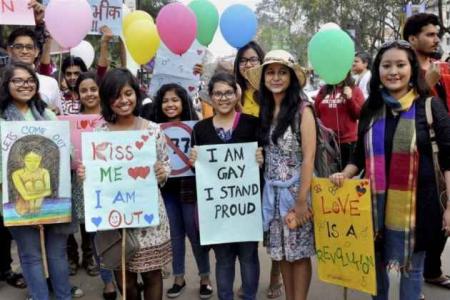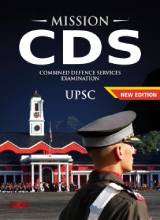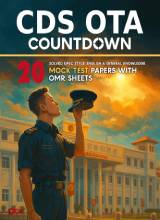Historic verdicts by supreme court in 2018
Looking at the important decisions and amendments by the supreme court, the year 2018 was very important for India. Judiciary is referred to as the 'watchdog of democracy' because it is the body which is responsible for providing justice to all. In 2018, the SC has taken even four decades old decisions like the triple talaq and section 377. So let us have a look at the important decisions taken by the supreme court of India this year.
Decriminalisation of section 377
The Section 377 of the Indian Penal Code (IPC) is an act that criminalises homosexuality. However, in a historic verdict, the Supreme Court of India on September 6, 2018, decriminalised the Section 377 of the IPC. It also allowed gay sex among consenting adults in private. This decision has restored LGBTIQ community members' faith in the Indian judicial system.
Validity of Aadhaar
Highlights of the verdict:
- The SC asked the Centre to bring a robust law for data protection as soon as possible.
- Aadhaar is mandatory for PAN card linking, said the apex court.
- The opening of a bank account and getting mobile connections does not require adhaar compulsorily.
- Private companies can't ask for Aadhaar.
- It directed the government to ensure that it does not issue illegal migrants Aadhaar to get benefits of social welfare schemes.
- Aadhaar is not mandatory for openings of a bank account, for getting mobile connections and school admissions.
Adultery
The Supreme Court struck down the 158-year-old Section 497 of IPC. It punished a married man for the offence of adultery if he had sexual relations with a married woman "without the consent or connivance of her husband". But adultery could continue to be a ground for divorce. The court underlined that Section 497 treats women as properties of their husbands and is hence manifestly discriminatory.
Sabarimala verdict
The Supreme Court lifted centuries' old prohibition of women between ages 10 and 50 from entering Sabarimala temple in Kerala on Friday. Because the practice in Sabarimala temple violates the rights of Hindu women. It has to be in harmony with the Constitution.
Triple Talaq
The apex court banned Triple talaq, the controversial Muslim divorce law that allows men to leave their wives immediately by uttering "talaq" (divorce) thrice. They called it illegal, retrograde and unworthy.
Live streaming of court hearing
The Supreme Court opened its doors for live streaming of cases of constitutional and national importance. But this does not include those involving juveniles, cases of sexual assault, matrimonial issues, being argued for final hearing before the Constitution Bench. Countries like Australia, United Kingdom, Canada and South Africa also practise this.
I hope this will be informative for you because the information about these important topics is definitely going to help you in the group discussion, lecturette and personal interview in the SSB.
All the best.






 Order Now on Amazon
Order Now on Amazon
